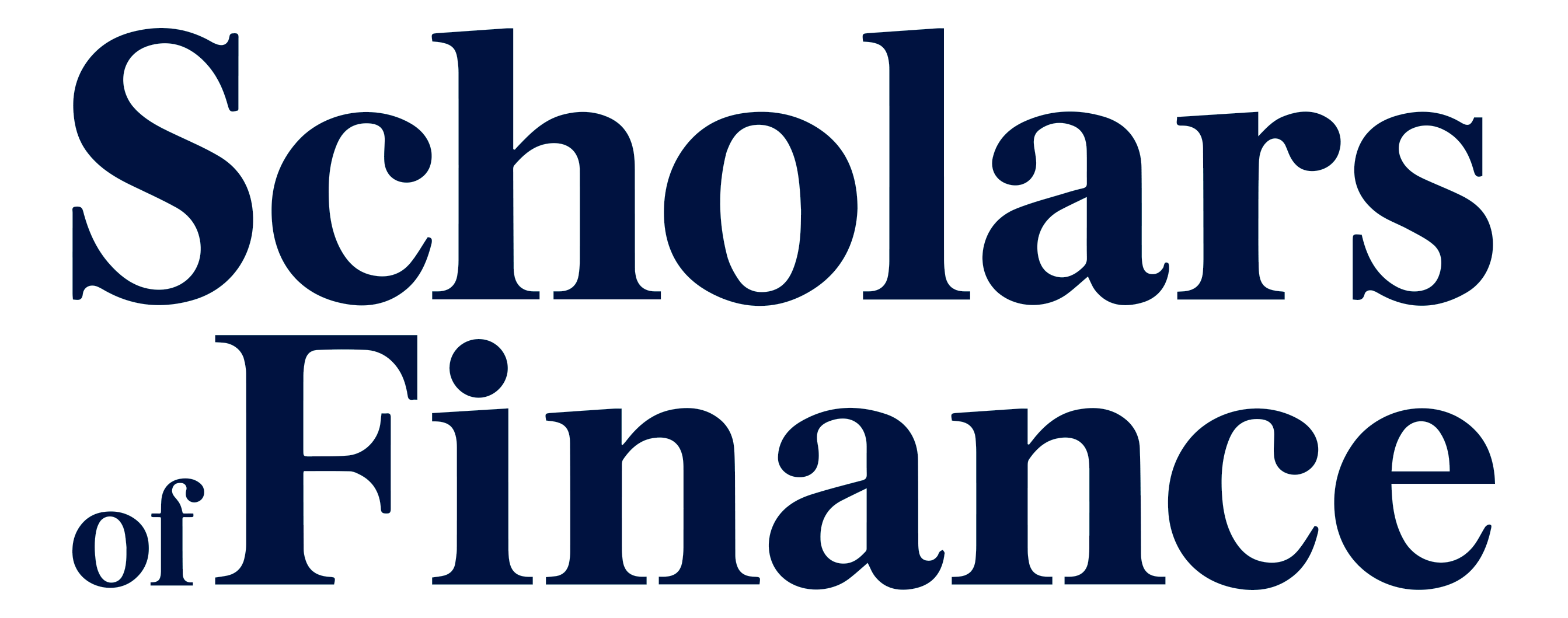 “Um… I-” I stuttered as my interviewer raised his eyebrow at me. I felt the heat rising to my face slowly until words clumsily stumbled out of my mouth, barely coherent. It was transparent to the four upperclassmen in the room grilling me that I was grossly underprepared. The next hour crept by, each question stinging me harder than the latter. My lack of knowledge was apparent. Finally, the hour was up, my torture was over. I gathered my resume and stumbled out of the room, frustrated. It was the first month of business school and I was already struggling.
“Um… I-” I stuttered as my interviewer raised his eyebrow at me. I felt the heat rising to my face slowly until words clumsily stumbled out of my mouth, barely coherent. It was transparent to the four upperclassmen in the room grilling me that I was grossly underprepared. The next hour crept by, each question stinging me harder than the latter. My lack of knowledge was apparent. Finally, the hour was up, my torture was over. I gathered my resume and stumbled out of the room, frustrated. It was the first month of business school and I was already struggling.
As the elevator lurched down to the lobby of Stern’s Tisch Hall and screeched to a halt, I held back my tears. How was it that I was so unprepared? Why did they expect me to know all these advanced questions for a club interview? What are technicals?These questions continually circled through my head, especially when listening to my friends detail their positive interview experiences later that day in the dining hall. They laughed, sharing the inside jokes and connections they had already made with their interviewers while I dejectedly slurped up my Jamba Juice smoothie through a drenched paper straw. It was clear to me that I had no idea what breaking into business, tech, or finance entailed. Going to Stern, I thought the next four years were going to be a piece of cake. I was going to learn everything I needed to in class, and magically secure my dream job, touting my business school’s name at every major firm. In an hour, my mindset shifted from overconfidence to anxiety. How was I going to get a job if I couldn’t even get into a club at Stern? What do I need to learn and by when? How does everyone already know everything?
The anxiety persisted throughout my first month of college. I had only applied to and got rejected from one club, and had no direction with how I should be developing myself professionally. I turned to LinkedIn, scouring upperclassmen profiles, figuring out how to get involved, remain proactive, and abate my consternation. One day, when I thought all hope was lost, I received a message from Trent Madill, Chief of Staff Intern, reaching out to me about an organization called Scholars of Finance and the opportunity to co-found an NYU chapter. Thinking it to be a spam message, I checked the link attached to see the legitimacy of the website. Shocked by its extensiveness, I messaged Trent back, indicating my interest. My interview was lined up within the week, and this time, I was determined to be overprepared. Reading through the key tenets of Scholars of Finance, I was instantly drawn to the mentorship aspect. I needed guidance on how to navigate the complex world of finance and all it had to offer.
As I sped through the interview and onboarding process, it became evident that Scholars of Finance was an organization that would prioritize my professional needs and growth. The open conversations I had with our CEO, Ross, and our National Management Interns, Jake, Trent, and Mason, all gave me a platform to pitch myself confidently to the organization while being candid about my struggles and lack of knowledge. As elections for the NYU chapter rolled around, I knew I wanted to become as involved as possible, so I ran for President and had the privilege of being elected. Unfortunately, I was under the impression that becoming elected would be the hardest part when in reality, the arduous challenges were yet to come.
Having had extensive leadership experience in high school, I anticipated I already knew everything there was to know about leading and managing people. However, my first month as President was a complete disaster. My inability to properly delegate work and empower others to complete it became painfully obvious. My Slack Direct Messages were filled with feedback from my fellow leadership team members explaining how they felt out of the loop and unable to actually complete any work, and as I took over major initiatives, I left little room for collaboration. As this continued, I quickly became bottlenecked by all the work I needed to complete, resulting in the poor organization and execution of our programs. It was only when I spoke candidly to Ross that he identified the underlying issue. “Leadership is not about doing everything yourself. It’s not about controlling or forcing others to do it either. The best leaders empower others to reach their full potential and don’t have to lift a finger themselves.” I cried as Ross continued (I wish I could say that was the first and last time), because, deep down, I knew he was right. I needed to grow and make a significant change for the sake of my chapter and co-leaders. And so, I consistently sought his feedback and implemented SoF’s philosophy of being slow to speak and quick to listen. Consequently, it did not become hard for the NYU chapter to grow and become one of the highest functioning and engaged chapters in the organization. All it took was a little guidance.
And so, Scholars of Finance made me realize true leadership and mentorship is not just about learning technical knowledge or professional development. It’s about investing in someone’s growth to make them the best possible version of themselves. Looking back on this year, I can confidently say that Scholars of Finance has made me a much better leader and manager while equipping me with the skills to continue my growth in the future.
—
Shivi Chauhan is the President and one of the original Co-Founders of the New York University chapter. She is currently a freshman at NYU Stern majoring in Finance and Data Science with a minor in Public Policy and Management. Along with Scholars of Finance, Shivi is a Copy Editor and Staff Writer for the Stern Gould Standard, a Research Assistant in the Management and Organizations department through the Stern Program for Undergraduate Research, and she will be joining NYU’s premier raas team, NYU Raas Malai, this coming fall. In her free time, Shivi likes to learn new languages and cook with her family.



